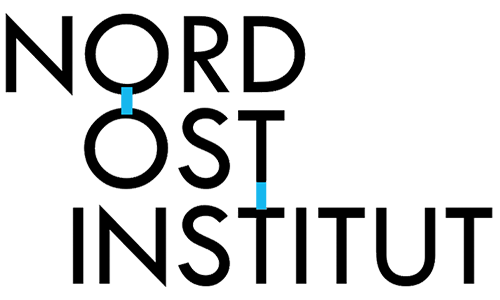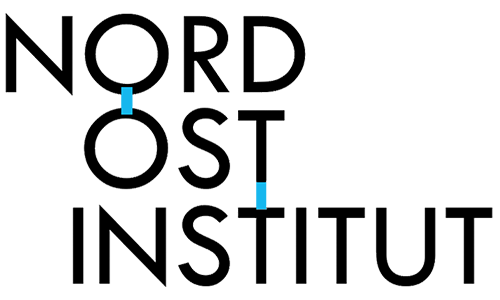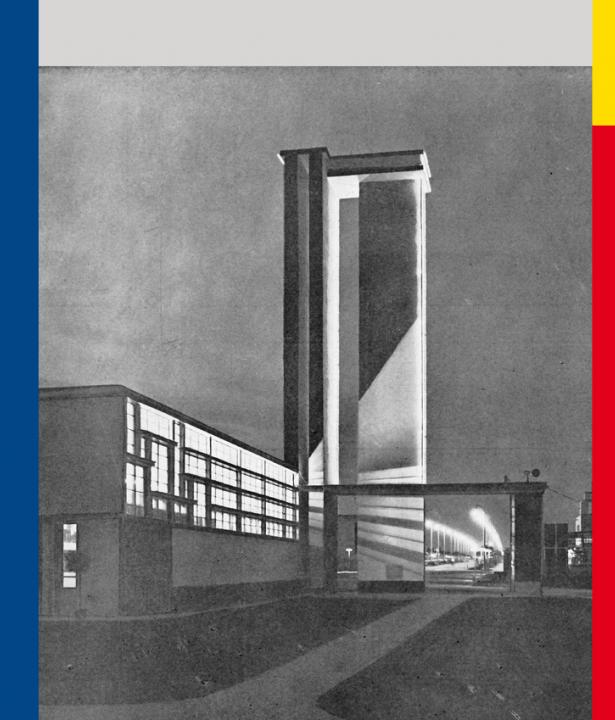The research project focuses on 20th-century Polish scientists who were not educated in Poland and examines how their inventions and ways of thinking were influenced by cultural factors such as nation, language and denomination, as well as the places they were educated and society as a whole.
Text
The study focuses on the lives of Polish scientists and experts who were educated in non-Polish environments in Western or Eastern Europe before 1918 and began their university studies or professional careers in those places. After 1918, they returned to Poland, a country that, with its reestablishment after World War I, needed expert technological and economic knowledge and was committed to training a new generation of "functional elites". These included, for example, the chemist and metallurgist Jan Czochralski, who was instrumental in inventing a method for silicon production, and the microbiologist and serologist Ludwik Hirszfeld, who, among other things, was responsible for the classification of blood groups.
On the basis of such biographies, questions will be asked, both in terms of content and methodology, about the transfer of knowledge through migration or other movement of people across borders, which was often an indispensable factor in how these individuals gained their expertise. This includes tracing transnational knowledge communication and its impact on technological innovation and medical progress, as well as the tension between nationalism and the universal ethos of science and technology. By examining the non-linear biographies of these scientists, who were often at home in two or more scientific cultures and whose lives were often characterized by upheavals and ruptures, the study aims to find out which experiences influenced these scientists' various successes, styles of thinking and inventions and what influence factors such as nation, language, but also denomination, the place they were educated, the surrounding society as well as their culture had on them.
The carriers of new knowledge thereby gained increasing importance in the 20th century in the course of the increasing scientification of economy, society and also politics. In an increasingly complex world, decisions had to be backed up by qualified personnel, even though these personnel occasionally generated the problems that were then to force decisions in order to be able to provide the corresponding expertise. An "expert" is therefore always a product of cultural attributions, communicative negotiations, and political factors. Expert knowledge is not created completely separately from social and cultural contexts and only subsequently becomes public; rather, complex, reciprocal processes of interweaving and negotiation must be assumed here. For the mobilization of expert knowledge, specific constellations, structures and dispositions were necessary in each case, in which an expert could be in a position to give his expertise the status of universal and general knowledge. The research project also aims to investigate these contexts by asking why certain experts were successful or less successful at certain times.
Such questions are of high relevance for understanding the history of the 20th century and the upheavals on the road to modernity. Since the project will repeatedly deal with the respective contacts in Western Europe (without assuming that the Western experience of modernization history forms the decisive yardstick for the classification of an assumed backwardness in Eastern Europe), results are to be expected that relate to pan-European developments and, with the thematic complexes of "knowledge transfer" and "transnationality," touch on approaches that are accorded great importance in today's historical research, both in terms of content and methodology, but whose empirical elaboration in concrete research has so far come up short. This research project aims to make a contribution to reducing this deficit.
Externe Links
External Image






